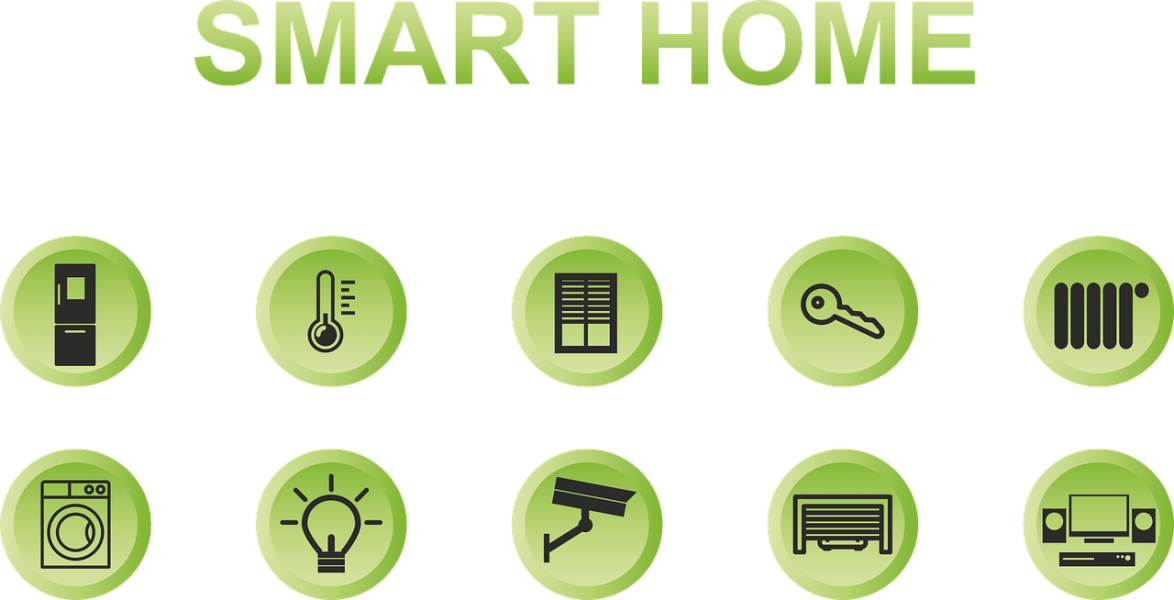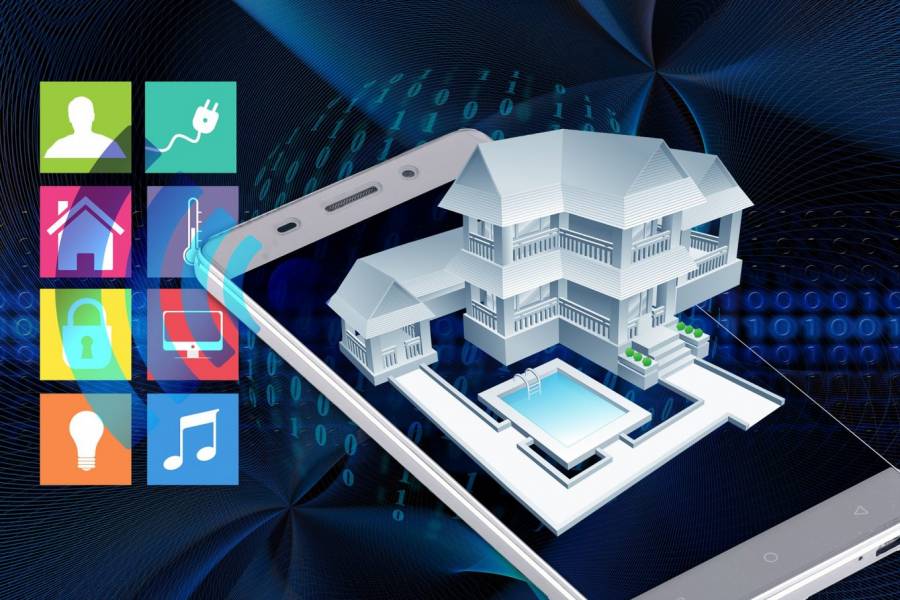IoT is gradually becoming increasingly popular, making our life much more accessible, exciting, and convenient. One of the most popular today is a smart home. This technology makes it much easier to control various indicators. So, the owners of a smart building can manage multiple processes from the comfort of their sofa using their smartphone. From a technological point of view, creating such technology is a highly complex process. This includes a project manager and a tech architect, as well as programmers and testers, as well as a huge group of target users who will use all such gadgets around the world and leave their feedback every day. These reviews will be considered by manufacturers and as a result, updates will be released for uninterrupted and maximum convenience in the operation of any device.
Why does the Internet of Things depend on collaboration?
The operation of a smart home involves using various sensors that collect data that becomes available through certain services. All information collected by sensors is stored in the data warehouse of the IoT software platform, where they are automatically analyzed, processed, and combined with data from other software and hardware systems. Such monitoring is done in real-time, allowing you to receive the most up-to-date data.
The system can decide on prevention or other actions based on the received data. For example, if the sensor reads a temperature of 86 F, the system will automatically turn on the air conditioner to bring the temperature down to a more comfortable temperature. The better the system can analyze the received data, the more convenient the smart home will be able to guess the needs of the owner.
Smart homes require a coordinated, integrated approach
A smart home is a highly complex technology that requires from the IT developers of the closest corporation together with IoT testing experts as well as a lot of knowledge, skills, and additional equipment. As a result, various modules are used when creating such software, each of which should be responsible for performing specific functions. These modules can be combined, depending on the customer’s actual needs.
For these modules to work smoothly and not contradict each other, it is necessary to bring in experts from different industries and create an intelligent environment that provides a fully connected experience. The high expertise and extensive experience of outsourced specialists will help bring the product to the final and save your internal team resources and direct it to other strategically important tasks.
IoT Ecosystems: general provisions
Since IoT involves the multifunctional collaboration of specialists from various industries (IoT infrastructure providers, hardware, software, and other solution providers), there is a need to build a separate ecosystem that will simplify work and communication between different professionals. Testers here must use different types of functional testing to establish how well the software works, how compatible it is with the required hardware (including sensors), and much more.
At its core, the IoT ecosystem is an ecosystem of ecosystems encompassing some various types of cooperation:
- Partners use sensor data hosted in the IoT infrastructure and stored in one or more data repositories, usually part of a cloud platform.
- Cloud Strategy Partners provide a mature infrastructure emphasizing reliability and security.
- Technology partners focus on the development of sensors and other hardware, as well as software.
- Consulting partners act as promoters of the concept of complex systems based on this technology. They provide clients with recommendations on the best ecosystems.
Thus, each specialist is responsible for their scope of work.
The main benefits of using the ecosystem
Previous strategies for acquiring isolated, scalable systems have lost their relevance. Therefore, vendors work together within an ecosystem to create horizontal solutions that span multiple vertical systems. Integration is performed at the hardware or software level.
The programs created provide the ability to access development tools such as APIs and collaborate with other ecosystem partners to build new applications and integrated systems. Specialists must constantly keep in touch with each other, share experience and knowledge, and invest money, and then the project can count on success.
Ecosystem development should be client-driven. So, you can offer users additional technological solutions or, on the contrary, remove features that are not needed. In this case, software test metrics are also tailored to the needs of each client individually.
Among the main benefits are:
- Simplifies building relationships between specialists;
- Improves brand awareness;
- Ensures the implementation of business solutions;
- Simplifies communication with third parties;
- Allows you to create new solutions which contributes to the development of the industry as a whole;
- Learning through using and testing APIs, functions, and documentation.
The main thing is that the ecosystem you create should be as convenient as possible for use by each member of the team. In this case, you can count on a high-quality result. It would be best if you also considered the real needs of your users. It is not enough to create only products that will be convenient only for you alone. You need to conduct a lot of tests and only then you can find out how really an ordinary user can manage smart technology in everyday life.
In the end
Smart home technology is highly complex, and it involves the use of a large number of equipment and tools. Many specialists creating such complex software forget the need for complex testing, leading to big problems. The presence of a typical ecosystem makes it possible to simplify this process, which makes it possible to launch a quality product on the market.

Founder Dinis Guarda
IntelligentHQ Your New Business Network.
IntelligentHQ is a Business network and an expert source for finance, capital markets and intelligence for thousands of global business professionals, startups, and companies.
We exist at the point of intersection between technology, social media, finance and innovation.
IntelligentHQ leverages innovation and scale of social digital technology, analytics, news, and distribution to create an unparalleled, full digital medium and social business networks spectrum.
IntelligentHQ is working hard, to become a trusted, and indispensable source of business news and analytics, within financial services and its associated supply chains and ecosystems






























